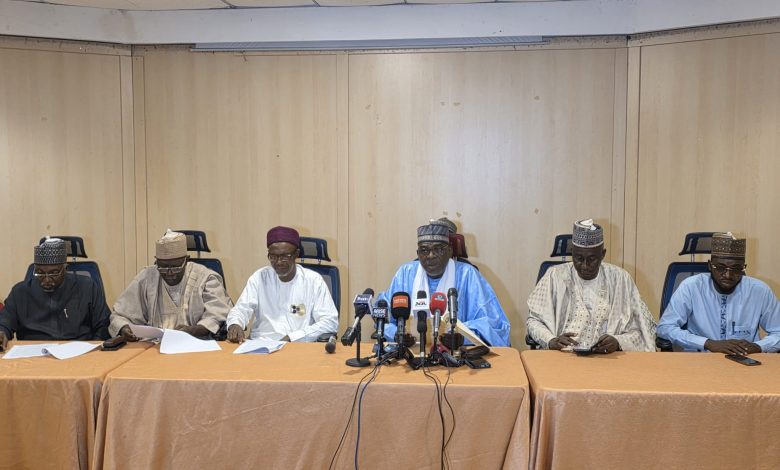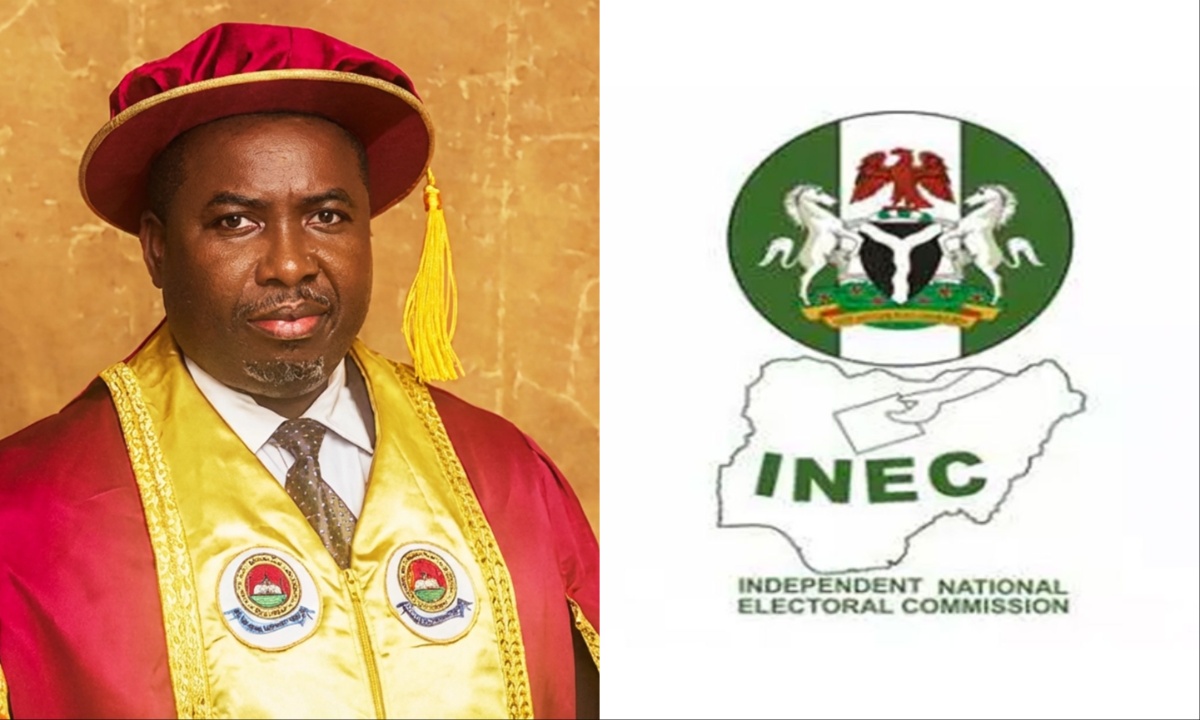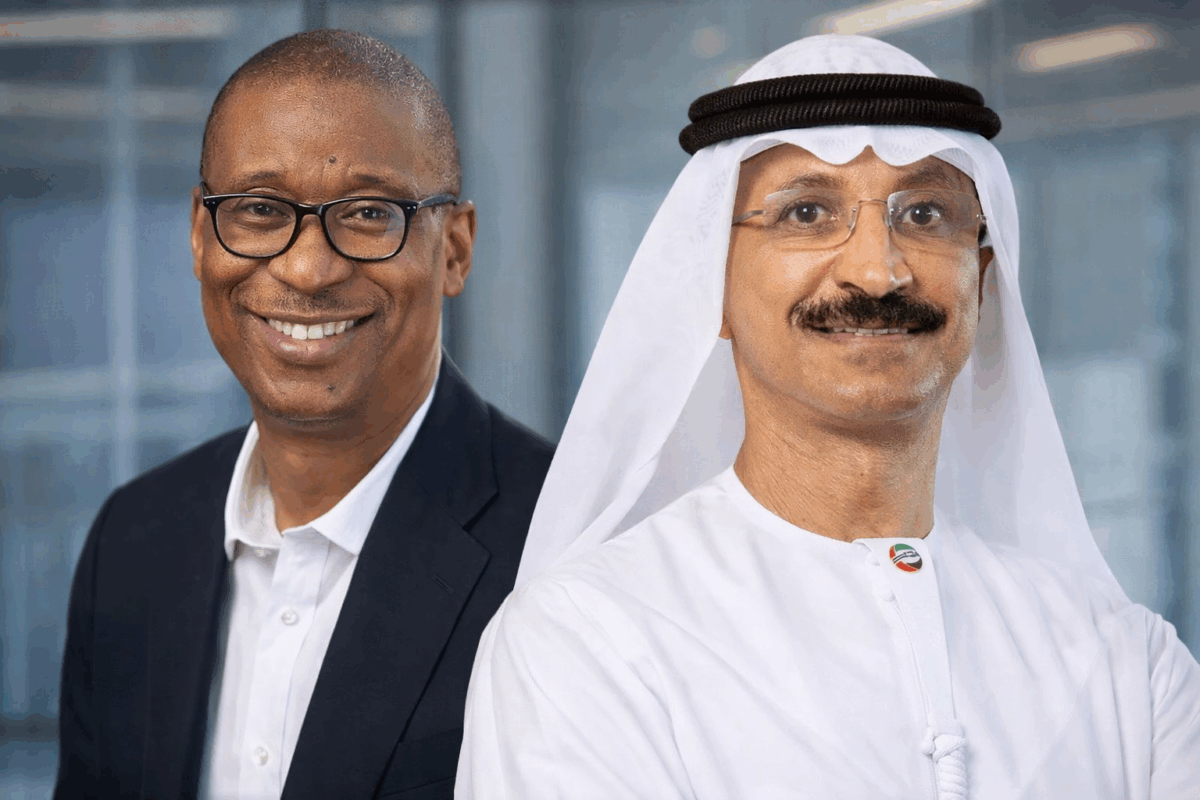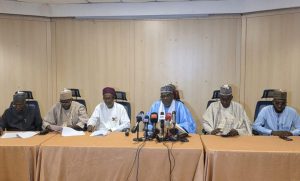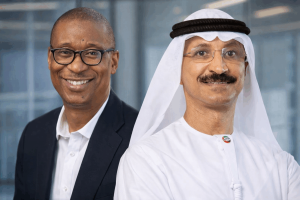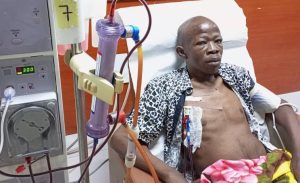7,691 Nigerian civilians killed in armed conflicts between terrorists and security men in 2 yrs
Civilians in the Northeast, Northwest, North central and Southeast regions of Nigeria are usually caught in the middle of ongoing conflicts between the Federal Government and multiple Armed Opposition Groups, AOGs that have grown from Boko Haram since 2009.
Between 2020 and 2021 alone, report stated that 7,691 civilians had been killed in armed conflicts ranging from attacks by terrorists in the North East to deaths caused by bandits and herdsmen in two years.
A breakdown of this figure showed that 3,457 civilians were killed in 2020 while 4,234 civilians were killed between January and September 2021.
On the other hand, 1, 496 security personnel also lost their lives within the period under review.
Some of the civilians who were displaced from their homes in the process, are being accommodated in Internally Displaced Persons IDPs camps across the six states in the north-east and other states.
Protection for civilian Population
Protection for the civilian population, especially during armed conflict is a basic element of humanitarian law.
In fact, the 1949 Geneva Conventions and their 1977 additional protocols contain specific rules to protect civilians. It stipulates that all those not taking part in the fight must on no account be attacked, but must be spared and protected.
Unfortunately, most civilians who managed to escape the cross fire between terrorists and state actors have been displaced from their homes, while others who are in their homes are facing food insecurity, as they are deprived from going to their farm lands.
The pains
Findings however revealed that apart from the plight of civilians in the hands of terrorists, they are also being intimidated and physically assaulted by security forces deployed to guarantee their protection.
Speaking in Lagos, at the occasion of the One Year Media close-out on ‘The Precariousness of Protection: Gains & Pains around the Protection of Civilians and Civilians harm Mitigation in Harm Conflict’, Thursday, Executive Director, Civil Society Legislative Advocacy Centre, CISLAC Mallam Auwal Rafsanjani, disclosed that for one year, CISLAC with support from Open Society Initiative for West Africa, OSIWA mobilized champions within the government, military, and civil society to advance policies and practices that would help minimize civilian harm.
He stated that civilians reported that they were regularly assaulted, extorted, and had their properties stolen or seized by security forces.
“They also complained about the frequency with which security forces were careless with their weapons, often shooting indiscriminately and sporadically into the air. Civilians described the unprovoked physical assaults of young men who security forces believed might have been sympathizers or members of Armed Opposition Groups, AOGs; civilians returning from their farms or collecting firewood were accused of conspiring with AOGs, while outside the trenches and subjected to harsh interrogation, threats, and physical violence.
“The security institutions were also responsible for checkpoints on roads connecting area towns and at these checkpoints or while on patrol, they would demand that civilians pay bribes before they could pass through. Within the garrison towns the Military and community militias supporting security efforts would sometimes abuse their position for personal gain.
“When food items were distributed to us, it was sometimes seized by military’” he quoted one of the civilians as saying.
Sexual exploitation and abuse
Continuing, he said: “Civilians claimed that security agents and other non traditional state security institutions regularly engaged in practices of sexual exploitation and abuse. Rape by security forces was reported as common. Young ladies in conflict areas have become rifles in the hands of personnel.
“This has created resentment among young people who see this as an emerging threat. The Walking Paradox experience:
“The number of Women impregnated by personnel is a recipe for a new concern and the need to interrogate the social impact of various theatres.
“Feed-backs from various state level engagements had it that security forces would enter civilian homes, remove the women and subsequently abuse them. Security forces were frequent patrons of women who had resorted to prostitution as a coping strategy once other economic opportunities were no longer available”.
Lack of accountability
Given the abusive practices, civilians according to Rafsajani, resented and feared security forces. While some reported their ordeals to the Police as avenues for seeking justice for the wrongs they suffered, others, he said, appealed to the State Emergency Management Agency SEMA and traditional leaders. Unfortunately, there have been few results.
He said: “ Those who attempted to report an abuse were sometimes beaten by the civilian security forces operating alongside the military. Civilians were scared of the security apparatus and felt powerless. One man said, “due to ignorance and illiteracy we did not know what to do and how to report.”
In addition to being physically isolated within garrison towns, often unable to travel from their town to another, mobile phone networks across the northeast, northwest and north central are unreliable. Even if civilians had the contact for someone outside their immediate areas who could help them, there was no guarantee”.
CISLAC to the rescue
Traditionally, civilians do not engage directly with the Military due to many of the reasons described above, or because of local customs, where traditional, political, or religious leaders would ordinarily perform this role on behalf of the community. But he noted that many of these leaders no longer reside in their communities for fear of being targeted by AOGs, thereby leaving helpless civilians to their fate.
To address this, CISLAC , recently developed an app called ‘This is my backyard’ TIMBY where all manner of abuse by security agents would be reported , from where they would be channeled to the appropriate agency for justice.
The approach, according to Rafsanjani, was among other things to support stakeholders at the state level to catalyze a new and productive exchange between themselves and security forces to address protection concerns and to support civilian advocacy efforts on protection.
He stated that since the introduction of the app, ”, a participant once recounted that Now there is marginal improvement in the relationship between the military and civilians.” Report from various interventions during the period under review posits that protection issues present at the time the civil security platforms were formed have improved, leading a participant to say that, “Now everything has improved we do not act like we did before. Before we used to leave everything to God. But now the situation has improved, we have access to report every situation, we know our rights in the community.”

